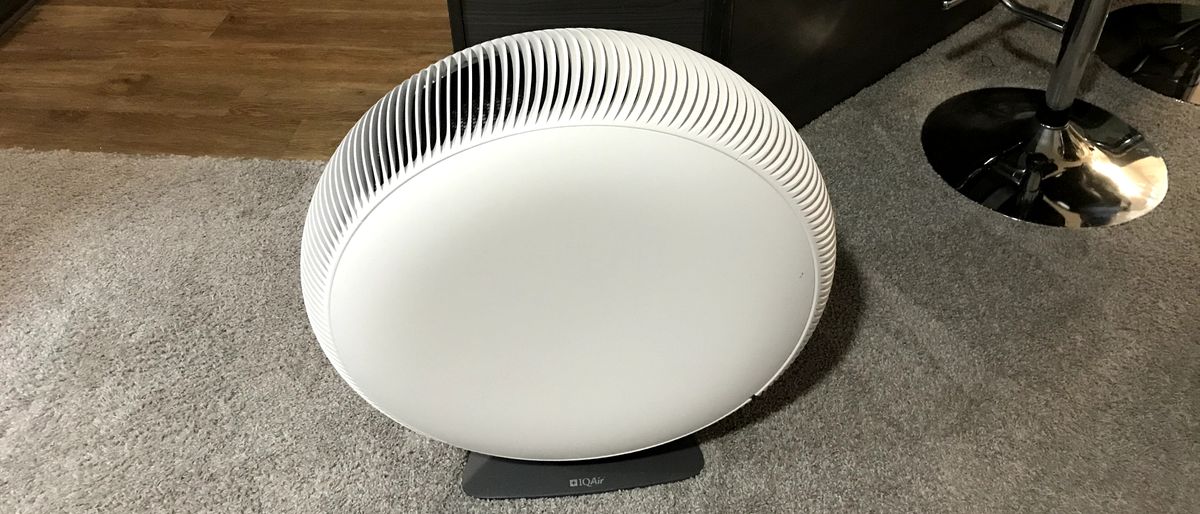Falling asleep should be as simple as counting sheep. But for 50 to 70 million of us, catching an appropriate amount of ZZZ's is much easier said than done. While you might hit the pillow with every intention of dozing off, oftentimes you're left staring at the backs of your eyelids, only to wake up feeling tired and groggy the next morning. The truth is, when it comes to getting a good night's rest, many of us are . . . well . . . in the dark. But it doesn't have to be this way.
There's several reasons why you should learn how to get better sleep. "Not getting enough sleep impacts every facet of someone's life, from lowered immunity, disrupted digestion, and increased feelings of depression and anxiety to more long-term consequences such as increased risk of developing metabolic and heart disease," says sleep coach Kelly Murray.
Still, knowing that we need to sleep doesn't always help us get the job done (if only). Ahead, experts share their nine best tips to help you get the job done. Read on to learn how to finally get some good sleep, or even just upgrade the sleep you're already getting.
Experts Featured in This Article
Kelly Murray is a sleep coach, certified pediatric and adult sleep consultant, and the founder of Kelly Murray Sleep Consulting.
Abhinav Singh, MD, MPH, FAASM, is the facility director of the Indiana Sleep Center and medical review expert at The Sleep Foundation.
Why You're Struggling to Fall Asleep
You need to be calm, cool, and collected to power down your brain at night. But it can be difficult to shed the day's worries by the time you slide beneath the covers. "Mental and emotional stress are the most common reasons people struggle to fall asleep," Murray explains. "When we experience a stressful situation, our fight-or-flight response is triggered. As a result, our body produces cortisol." That's the stress hormone that gives us energy to flee the scene or fight for our lives. But the evolutionary urge to outrun a lion isn't exactly a lullaby.
Of course, stress isn't the only thing to consider. Factors such as genetics, irregular work schedules, and substance use can also determine how well you sleep. If you suspect that something more serious is triggering your tossing and turning, make an appointment with a healthcare professional for the best personalized medical advice.
Tips for Falling Asleep
Whether you're looking to fall asleep faster or improve the quality of the sleep you're already getting, we asked our experts to share some helpful pointers. Here are nine of their best tips for better sleep:
- Avoid alcohol before bed: Alcohol is a sedative, so while it may help you fall asleep, getting a solid eight hours after a boozy evening is another story. Research suggests that alcohol may suppress REM sleep during your first two sleep cycles, which means even if you do stay in dreamland all night, you'll still feel tired in the morning. Also, since alcohol is a diuretic, those drinking before bed may spark a disruptive pee break or two. If you're looking for better sleep, consider swapping that glass of wine for a sleepy girl mocktail.
- Create a bedtime routine: When we say that you need to dream up the kind of sleep routine that makes other people roll their eyes, we mean it. Sleep expert Abhinav Singh, MD, MPH, FAASM, recommends creating a wind-down ritual that includes a candle-lit shower, journaling, breathwork, and any other activity you find relaxing.
- Ditch your phone: No matter what kind of pre-sleep practices you choose, make sure your phone isn't a part of the equation. "Reduce phone usage 45 minutes before bed and keep ambient light dim in the evenings," says Dr. Singh. This mini digital detox can help your mind slow and prevent you from feeling overstimulated. We're getting sleepy already.
- Up the ambience: Dr. Singh has a vision for the perfect bedroom vibe: it should be "dark like a cave, cool, quiet, and comfortable," he says. Once you've completed your bedtime ritual and your eyelids start to droop, you can enter your cave-like chamber with its dim lighting, a weighted blanket, and anything else that helps you relax. Having a space that's feels special for sleep will help your brain learn to start winding down.
- Stick to a schedule: Arguably the most unpopular sleep advice, but the most important. You should be going to sleep and waking up at the same time every single night. Yes, even on the weekends, according to Dr. Singh. Keeping a strict sleep schedule reinforces your circadian rhythm (aka how your body rests, awakens, and functions on a 24-hour cycle). Over time, staying true to this agenda will teach your body when to get sleepy, which means you can start counting on better sleep.
- Don't stare at the clock: It may be tempting to look at your alarm clock and start doing mental math. ("If I fall asleep in one hour, I'll still get six hours of sleep.") But both Murray and Dr. Singh caution against this. These late-night calculations have a tendency to stress people out and delay rest. In fact, a 2023 study found that time-monitoring behaviors caused frustration and sleep troubles among the study's 5,000 participants. The lesson here? Try not to obsess over your alarm clock.
- Have a back-up plan: We know the anxiety that arises when you've tried every trick in the book and still can't fall asleep. If you find yourself in this position, it's time to remove yourself from your cozy cave and head to a more neutral part of the house. Why? Staying in your bedroom when you can't sleep can create a negative, sleepless association with that place (which we want to avoid). Once you've moved, find a hobby that's enjoyable but not overstimulating. Maybe you try a puzzle or engage in some light stretching. What you don't want to do is turn on the TV or dive into that romance book you're obsessed with. Remember, the whole point of this midnight intermission is to make you feel sleepy again.
- Consider "sleep banking": Yes, it's possible to save up sleep — who knew? As reported by the Washington Post, getting a few more hours of sleep before a period of sleep loss can actually help you feel better in the long run (with small studies showing improvement in performance and alertness). That means if you know you're entering an especially busy week, you might want to carve out extra time for sleep the weekend before (rather than catching up on sleep the weekend after). You can try sleep banking by going to bed an hour earlier and sleeping in an hour later — then see how this strategy affects your energy levels the rest of the week.
- Talk to an expert: If you're consistently having trouble sleeping, Dr. Singh says it's vital to seek help sooner rather than later. While you can always create better sleep habits, catching sleep disorders or negative sleep patterns when they first crop up gives you a chance to rule out any larger health issues and avoid any additional nights of lost sleep.
— Additional reporting by Chandler Plante
Kells McPhillips is a health and wellness writer living in Los Angeles. In addition to PS, her journalism has appeared in The New York Times, Well+Good, Fortune, Runner's World, Outside, Yoga Journal, and others. On the brand side, she regularly works with Peloton, Calm, and Equinox.
Chandler Plante (she/her) is an assistant health and fitness editor for PS. She has over four years of professional journalism experience, previously working as an editorial assistant for People magazine and contributing to Ladygunn, Millie, and Bustle Digital Group.

 5 months ago
88
5 months ago
88








 English (US) ·
English (US) ·